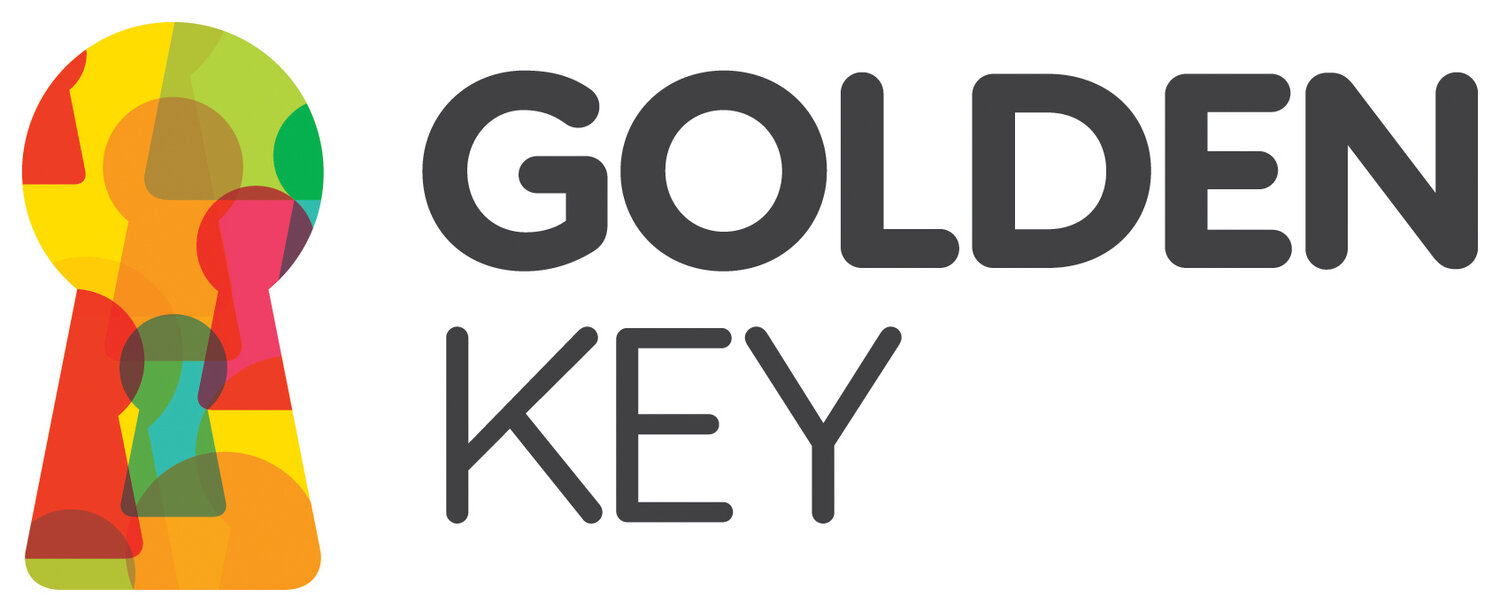How the Covid crisis created new choices in Bristol for people with a severe alcohol dependency
In their latest evaluation of Golden Key, the University of the West of England identified eight enablers of system change. One such enablers is “the need for flexibility and adapting to shifting contexts and opportunities”.
The Essential Items Team, who recently won the Developing Trust Award at our Great Practice Awards 2021 is a perfect illustration of what can be achieved when the system follows the energy and adapts to changing context. We caught up with Maggie Telfer, CEO of BDP, to discuss how the Essential Items Team came into existence and to find out more about its work.
The Essential Items Team is an initiative that came into existence when the UK first went into lockdown in March 2020. It grew from conversations between Bristol’s Recovery Orientated Alcohol & Drugs Service (ROADS) providers and our commissioners about the risks facing people who were severely alcohol dependent and owing to the lockdown, no longer had the means and opportunities to purchase it.
Led by BDP, staff across various organisations including St Mungos, Golden Key and AWP, worked together as the euphemistically named “Essential Items Team” to deliver a discrete and pioneering harm reduction intervention to 13 homeless people with severe alcohol dependency who found themselves housed in hotels and hostels during the “Everyone In” initiative. They provided peoples’ daily alcohol requirements on a bespoke basis to prevent dangerous precipitated withdrawals, and hospital admissions or death. This intervention, focussed on reducing harm, built such trust that 12 out of 13 people achieved a full alcohol detox.
The project materialised because senior managers across the different organisations listened to the concerns of staff that people unable to obtain alcohol to support their dependency were at risk of harm. Providing alcohol, to alcohol dependent people can be seen as enabling, but managers took risks, and worked collaboratively flexing the system significantly to provide a life-saving harm reduction intervention. This project was based on clinical need and was guided by an experienced team of medics and delivered by workers who understood the need to use trauma-informed approaches.
The courage to step outside the box and try a new intervention inspired the workers who volunteered to deliver the service. The pandemic gave the team a chance to trial something that would not have been possible under “normal circumstances”. Being involved in a cutting-edge intervention in such extraordinary times was cited by those involved as ‘exciting’, ‘something to be proud of’ and a motivator for work. Everyone involved shared their skills and enthusiasm.
Each person who participated was treated as an individual, with bespoke alcohol provision. As their lives stabilised through secure housing, regular meals and predictable alcohol supplies, evidence-based approaches to alcohol reductions and detox followed. Alcohol reduction plans were designed and agreed between the individuals, BDP workers and clinical staff and were then shared with housing support workers so that everyone involved understood and supported the process.
This project was delivered during the height of lockdown when there was lots of uncertainty. All the organisations involved stayed tightly connected via regular phone calls and zoom meetings. All the workers involved were deemed “essential workers” and were therefore able to meet face to face with each other and individual project participants as frequently as necessary.
We believe this tight, daily collaboration within a multidisciplinary team was key to the success of the project.
The impact of this work was significant giving everyone who participated a period of stability and most completed an alcohol detox. The majority had tried multiple medically-assisted alcohol detoxes in the past and hadn’t found that these led to enduring change. None of the 13 participants started with an intention to detox from alcohol but 12 of 13 did. Why? This new approach captured individuals’ interest and gave people hope that this might be the intervention that would work for them. The intensive, in-person and person-led psychosocial work between BDP staff and these 13 individuals was at the heart of their successful outcomes.
The workers involved have all reflected on the motivation gained from being able to flex the system to meet the needs of those traditionally furthest from help and seeing people able to make such enormous changes.
The work of the Essential Items Team was published in Drink and Drug News (April 2021). “The outreach team in Bristol are well enough tuned to harm reduction to know that their life-saving actions during lockdown have opened up many opportunities. It’s a brave idea and the tangible results of their initiative speak for themselves”. (Editorial DDN, April 2021)
We don’t know if buying and providing alcohol for those furthest from treatment will gain traction elsewhere but we hope that the Essential Items project has set a starting point for an evidence base that it is acceptable and effective when used alongside intensive housing support.
